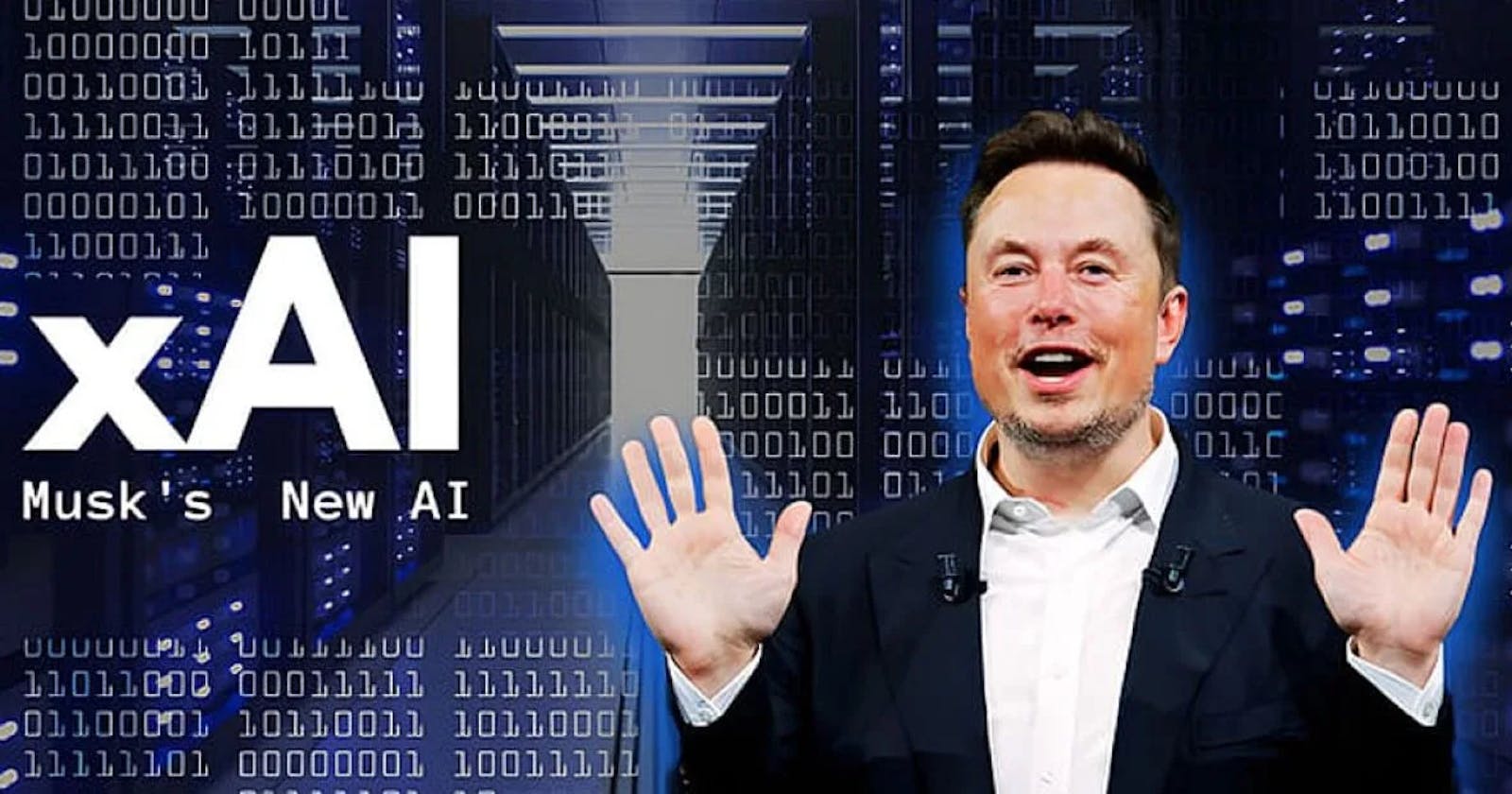Table of contents
No headings in the article.
Elon Musk announced the formation of a new artificial intelligence company, xAI, on July 12, 2023. The company's goal is to develop "explainable AI" (XAI), which is a set of methods and techniques that allow human users to understand and trust the results and output created by machine learning algorithms.
Musk has been a vocal critic of the development of artificial general intelligence (AGI), a type of AI capable of performing any intellectual task that a human can. He has warned that AGI could pose a threat to humanity if it is not developed responsibly. XAI is seen as one way to mitigate the risks of AGI by ensuring that humans can understand and control the AI systems that they create.
xAI is still in its early stages of development, but Musk has ambitious plans for the company. He has said that xAI could eventually be used to create a "good AGI" that would be beneficial to humanity. He has also said that xAI could be used to develop new ways to diagnose and treat diseases, improve the efficiency of transportation systems, and create more effective educational tools.
It is too early to say whether xAI will be successful in achieving its goals. However, the company has a strong team of engineers and scientists, and Musk's vision for XAI is both ambitious and exciting. If xAI is successful, it could have a profound impact on the future of artificial intelligence and the world.
Here are some of the key goals of xAI:
To develop methods for explaining the behavior of machine learning algorithms to human users.
To identify potential biases in machine learning algorithms and develop methods for mitigating these biases.
To develop methods for debugging machine learning algorithms.
To develop methods for ensuring that machine learning algorithms are used responsibly.
xAI is a rapidly growing field of research, and many new techniques are being developed all the time. As xAI continues to mature, it is likely to become increasingly important for developing and deploying machine learning systems.
